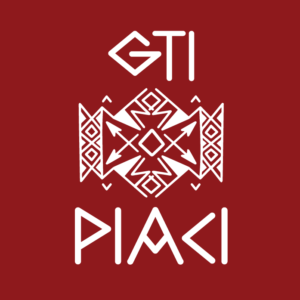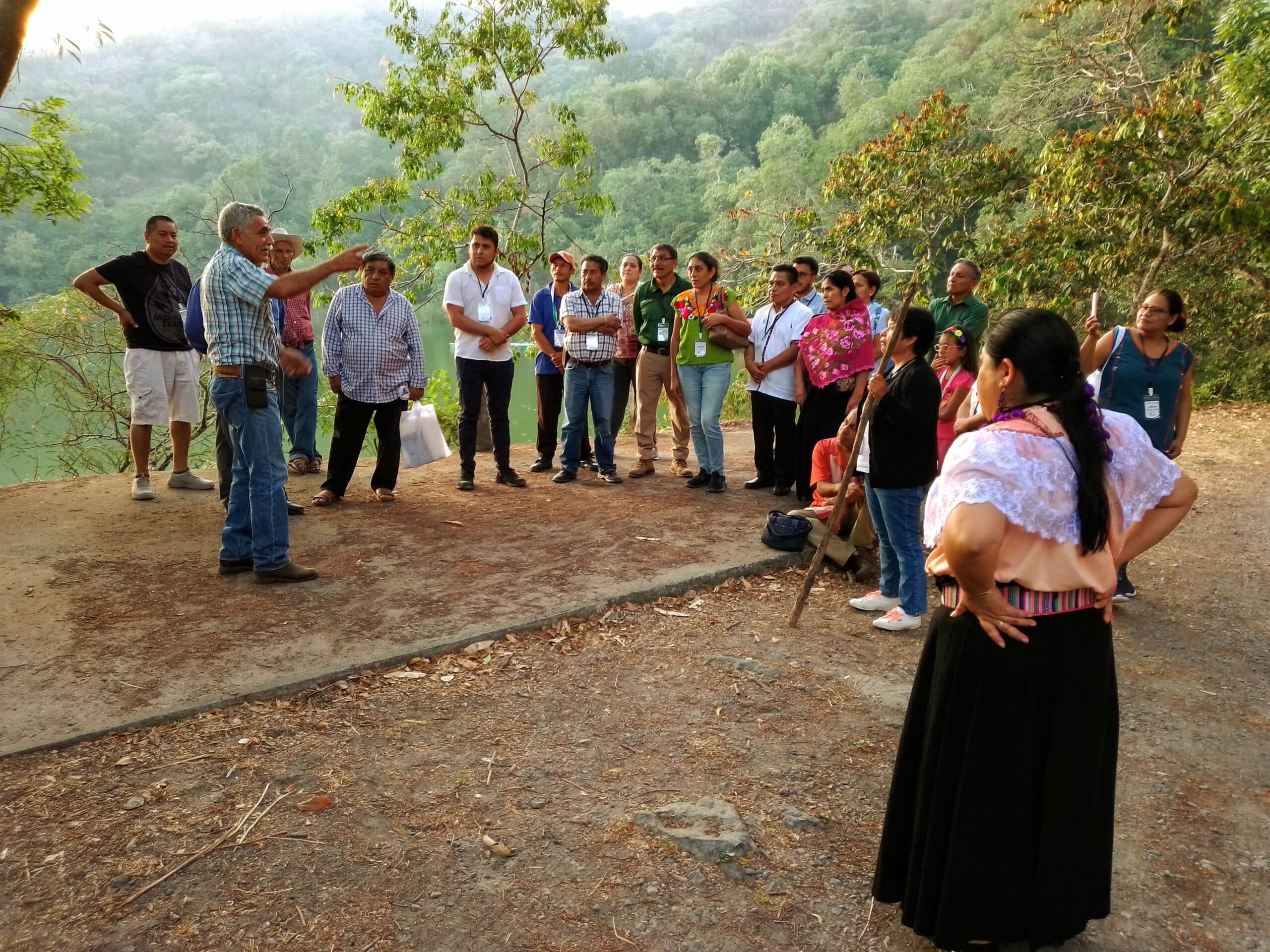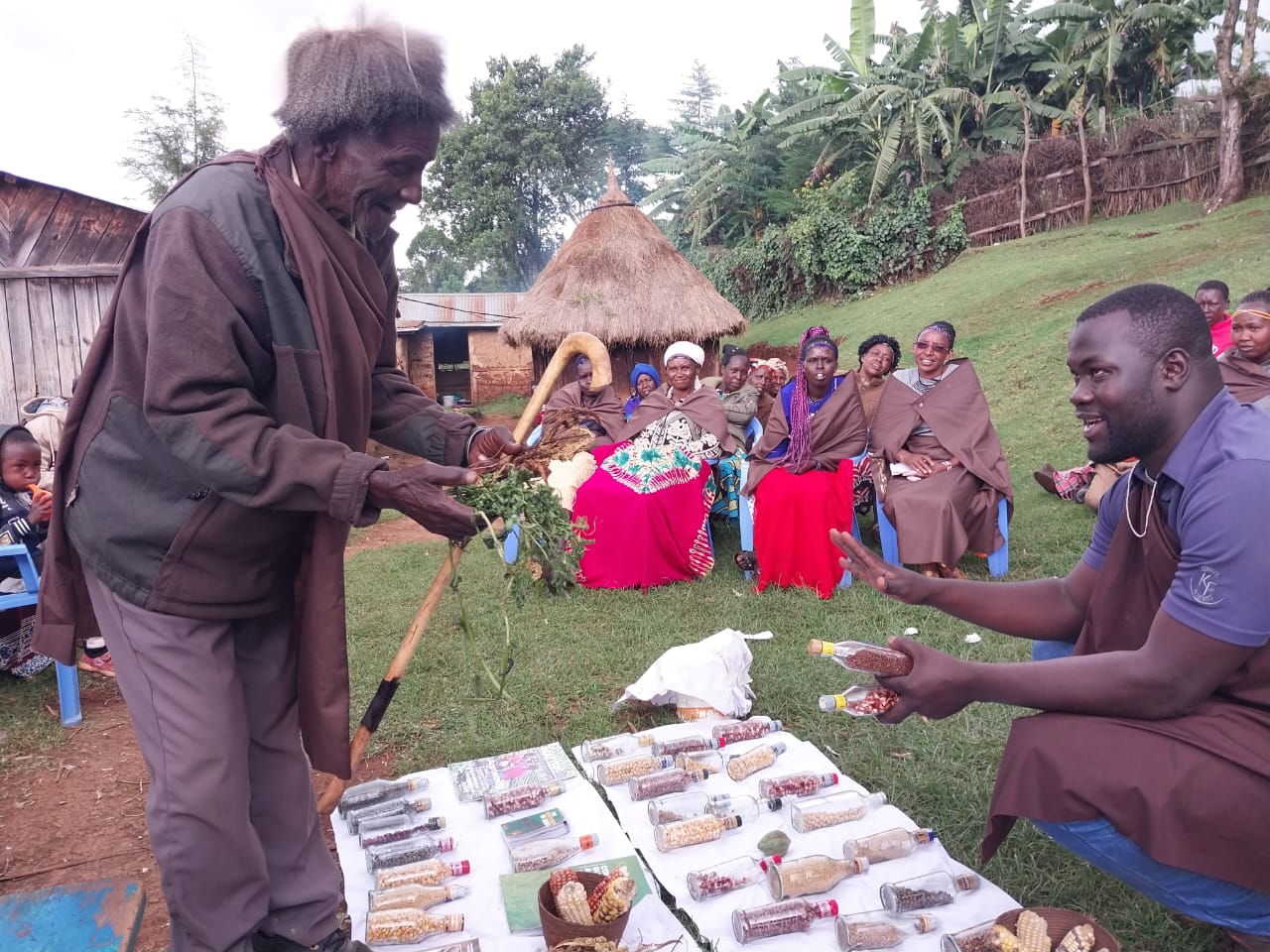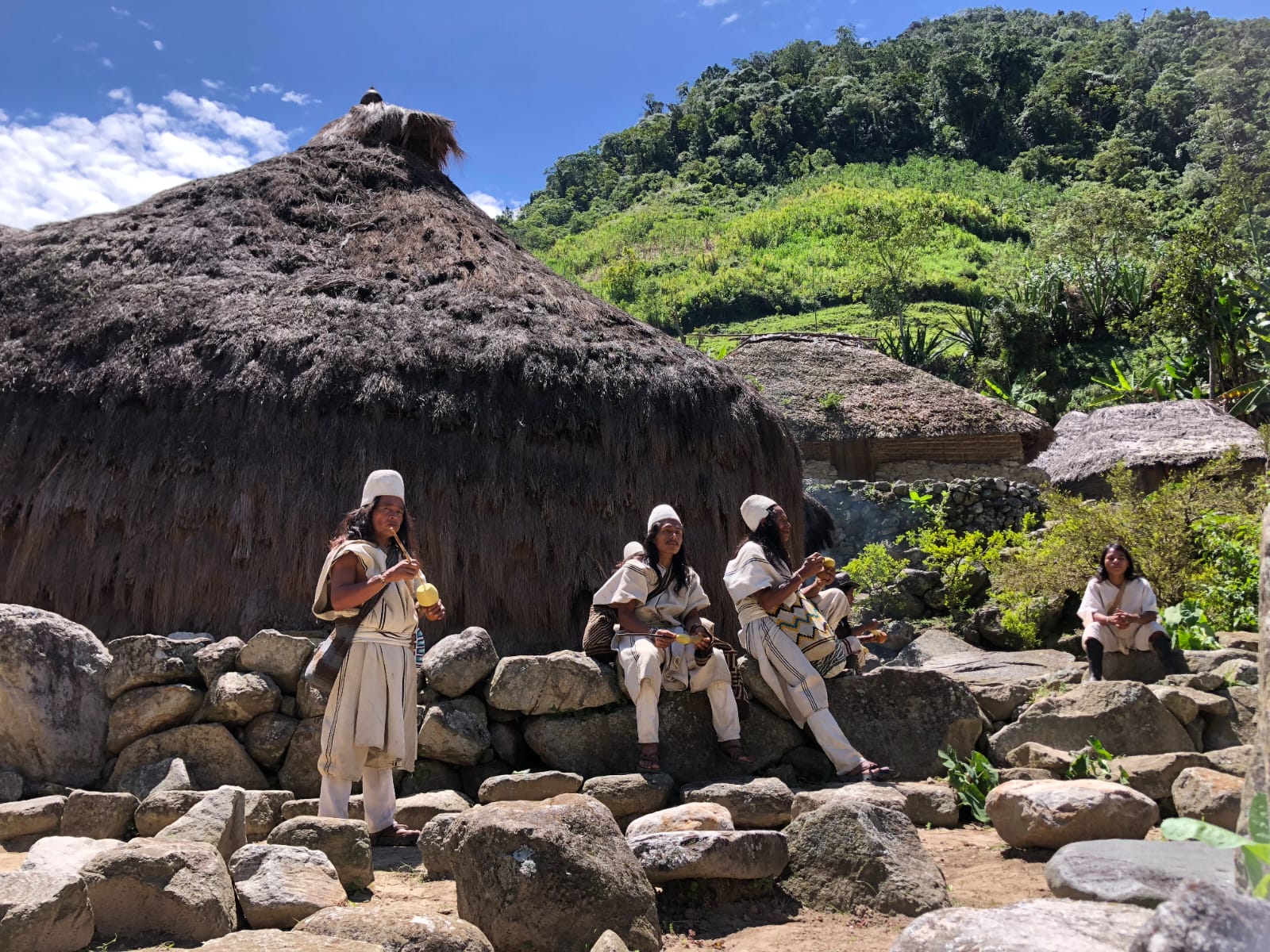The 15th session of the Expert Mechanism on the Rights of Indigenous Peoples (EMRIP) took place earlier this month in Geneva, Switzerland. The Expert Mechanism is a UN body that provides the Human Rights Council with advice on the rights of Indigenous peoples and assists Member States in achieving the goals of the UN Declaration on the Rights of Indigenous Peoples.
Land is Life, as the Secretariat of the GTI PIACI Working Group, participated in the session to promote the rights of Peoples Living in Voluntary Isolation and Initial Contact (PIACI). GTI PIACI is an international working group that consists of 15 organizations, Indigenous leaders, academics, and human rights defenders from across South America, that are committed to the protection, defense, and promotion of the rights of the PIACI in the Amazon, Cerrado, and Gran Chaco regions.
Please find below a summarized statement of the working group for the Expert Mechanism. You can read the full statement in Spanish here.
“Mr. President,
The threats to the lives and integrity of the PIACI, who are exposed to extremely high vulnerability, have exponentially increased as a result of the COVID-19 pandemic. In addition, the self-determination of these peoples is at constant risk due to extractivist and agro-export development policies affecting their territories. With this in mind, it is increasingly necessary to advance a dialogue and joint reflection between Indigenous organizations, allies from the civil society, and multilateral bodies, to identify the primary threats to the PIACI and to define proposals for action for the defense of their rights. – –
We have participated in all three UN mechanisms that promote Indigenous peoples’ rights. All of them have highlighted the importance to address the human rights situation of the PIACI as well as the actions that international bodies could carry out to protect these peoples. – -Thus, we find it fundamentally important that the EMRIP would include the high vulnerability of the PIACI in the agenda of your future sessions and conduct a thematic study on the situation of the PIACI.”
– José Proaño, Secretariat of the GTI PIACI, Co-Director of Land is Life
The discussions on the protection of the PIACI continued at our side event where the panelists shared their concerns on the extremely high vulnerability that the PIACI are exposed to, in the face of various threats, such as mining, deforestation, and drug trafficking. The panel also highlighted the crucial and unique role of the PIACI as invaluable protectors of biodiversity. The panelists demanded the governments to take urgent action to recognize and respect the rights of the PIACI before it is too late.
Watch the recording of our side event here.
“As the PIACI are unable to lobby or fight for their own rights, it is exceptionally crucial for the states, international mechanisms, and other actors that work for the defense of human rights, to ensure that the human rights of the PIACI are fully recognized and respected, taking in consideration their unique situation of vulnerability. Of particular importance is the respect for their right to remain in voluntary isolation.” – Anexa Alfred Cunningham, EMRIP Member for South America, Central America, and the Caribbean
“Increasing deforestation keeps accelerating the risks and vulnerability that the PIACI are already exposed to. The Permanent Forum has, in several occasions, recommended that governments need to advance the conditions for the PIACI to maintain their forests in their traditional ways, and preserve their cultural identity, including mobility within their territories.The relationship of the PIACI to their forests is intrinsic and must not be ignored.” – Dario Mejía Montalvo, President of the Permanent Forum on Indigenous Issues
“I would like to highlight the role of Indigenous peoples in protecting the PIACI, in the face of inaction of the states. For example in South America, Indigenous organizations are carrying out effective actions, with respect to the principle of no contact. With a network of surveillance, situated in strategic locations in relation to the territories of the PIACI, the organizations are constantly monitoring threats, documenting evidence of possible presence of the PIACI, implementing actions to prevent contact and conflicts, as well as informing the local people of the rights of the PIACI. It is a set of good practices that I hope will be carried out in other regions too.” – Francisco Calí Tzay, Special Rapporteur on the Rights of Indigenous Peoples




